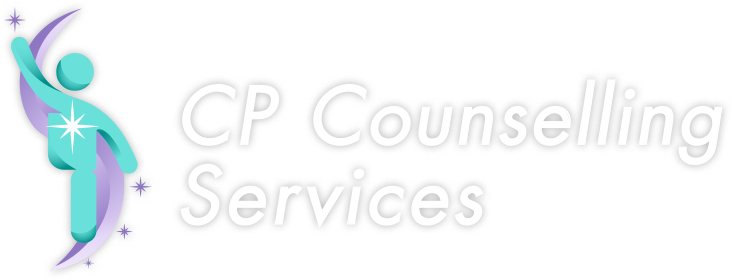Ann Marie here and welcome to my next vlog!
A Reality Gap is the difference between what you have, and what you want. For example, I am in a toxic relationship but I want to be in a loving, nurturing relationship. Or something different entirely such as I weigh 115 kg but I wish I weighed 80. When you recognize how things are, and how you would like them to be, you are beginning to think about change.
Being ready for change is when you are not only aware that you want something different but you make this change a priority in your life. Being able is having the confidence that you can change and that you have the resources required in order to make that change including knowledge and skills.
Every single one of us gets stuck in our lives for various reasons. Building a therapeutic relationship with your therapist can help to free yourself. Becoming purposefully Engaged in your own life and struggles can be a game-changer and your therapist can help to guide and support you through these struggles.
Once you’ve decided which Reality Gap you want to work on, you are ready to explore strategies to reach your goal. The theory goes that the more you can discuss your desires, abilities, and reasons to make a change the more likely you will be to engage with committed action. One way your therapist can help you to PRIORITIZE is to explore your personal values. They act as a compass for the direction in which you would like your life to follow.
Now, even though you have clearly outlined your Reality Gap and why you would like to move toward your valued behaviour, you still may not be ready for committed action. If you don’t feel confident enough to change your behaviour, your mind is likely to speak up loud and clear with thoughts of “I can’t too this, it’s too hard OR I can’t find the time.”
Here we reach a place where you become THE THINKER, NOT THE THOUGHT: this phrase refers to how we handle our internal voice, the constantly running thoughts that we experience all day. Since humans are rather egocentric, if our mind is telling us something, we tend to automatically believe it. This contributes greatly to our perception of reality, and drives our emotional reactions and behaviours, but often in unhelpful directions.
No one is suggesting that you try to eliminate or control any of your thoughts; this would be futile. Thoughts will arise in your mind, that’s a given – trying not to think something actually requires you to think it, so it is simply not possible to do. Instead, can you notice the thought, and then try to respond in a better way so that you can separate yourself from it. It’s one thing to think “I just cannot do this” but an entirely different thing to NOTICE yourself having the thought “I just cannot do this.”
So, notice the thought, and if you decide it’s not useful, let it be, and move forward. Take control of your behaviour and move toward your values. Your therapist can help you to learn strategies to actually disobey your mind when it’s not being helpful for you.
Acting with purpose will include identifying your strengths that will help you to make that change. Now you might be ready to make the plan. You are aware of your Reality Gap and why you want to change this and feel confident that you will be able to follow through with a different set of actions. Sometimes we have a very large goal which can take many steps in order to achieve and this can become vague and frustrating. For example, “I want to be part of nurturing relationship where we communicate freely and pay attention and respect to each other’s needs.” You can see how there would be many smaller goals inside of this large life change.
To be successful, we will need to zoom in and develop specific goals to work toward the large one. A SMART goal is an acronym for one that is SPECIFIC, MEASURABLE, ATTAINABLE, REALISTIC and TIMELY. When we zoom in on that large Reality Gap, we may decide one SMART goal is “I am going to ask my partner if we can have one night per week all to ourselves just to relax and speak to each other uninterrupted.”
This goal is SPECIFIC in that it is clearly defined, it is MEASURABLE in that there is criteria that can measure your progress, it is ATTAINABLE in that it is not impossible to achieve, it is REALISTIC in that it is within reach and important to you, and finally it is TIMELY in that you give yourself a target date by which you will have this accomplished.
And there, you have a SMART GOAL.
Keep in mind that everyone needs support at times in their life. Consider people who can be this support, help you, encourage you and be there for you. This may even be your therapist. If you do not have this in your life, consider reaching out to other resources such as support groups; people that are like-minded and share similar goals.
In reality, change can be very hard. However, getting the support you need in order to prepare yourself to be willing, ready, and able can help you make that accomplishment and close that reality gap.
See you next time 😊

